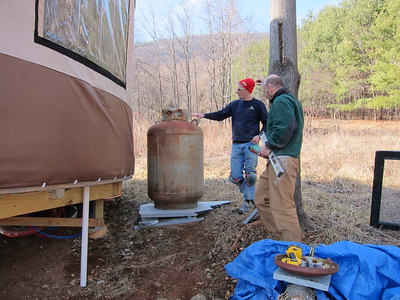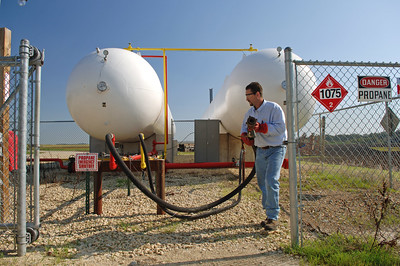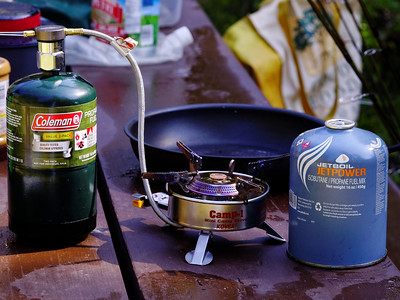What are Some Disadvantages of Propane? (Exploring the Drawbacks)
Propane, a byproduct of natural gas processing and crude oil refining, is a popular fuel choice for various applications ranging from home heating and cooking to powering vehicles and industrial processes. While propane boasts benefits such as lower greenhouse gas emissions, efficiency, and versatility, it is also important to consider the drawbacks associated with this […]
What are Some Disadvantages of Propane? (Exploring the Drawbacks) Read More »










